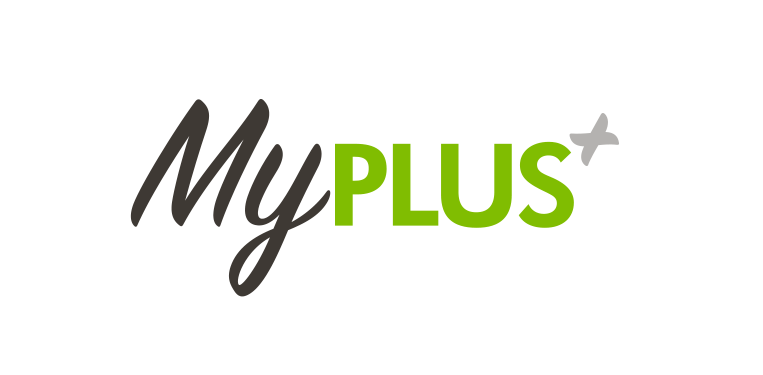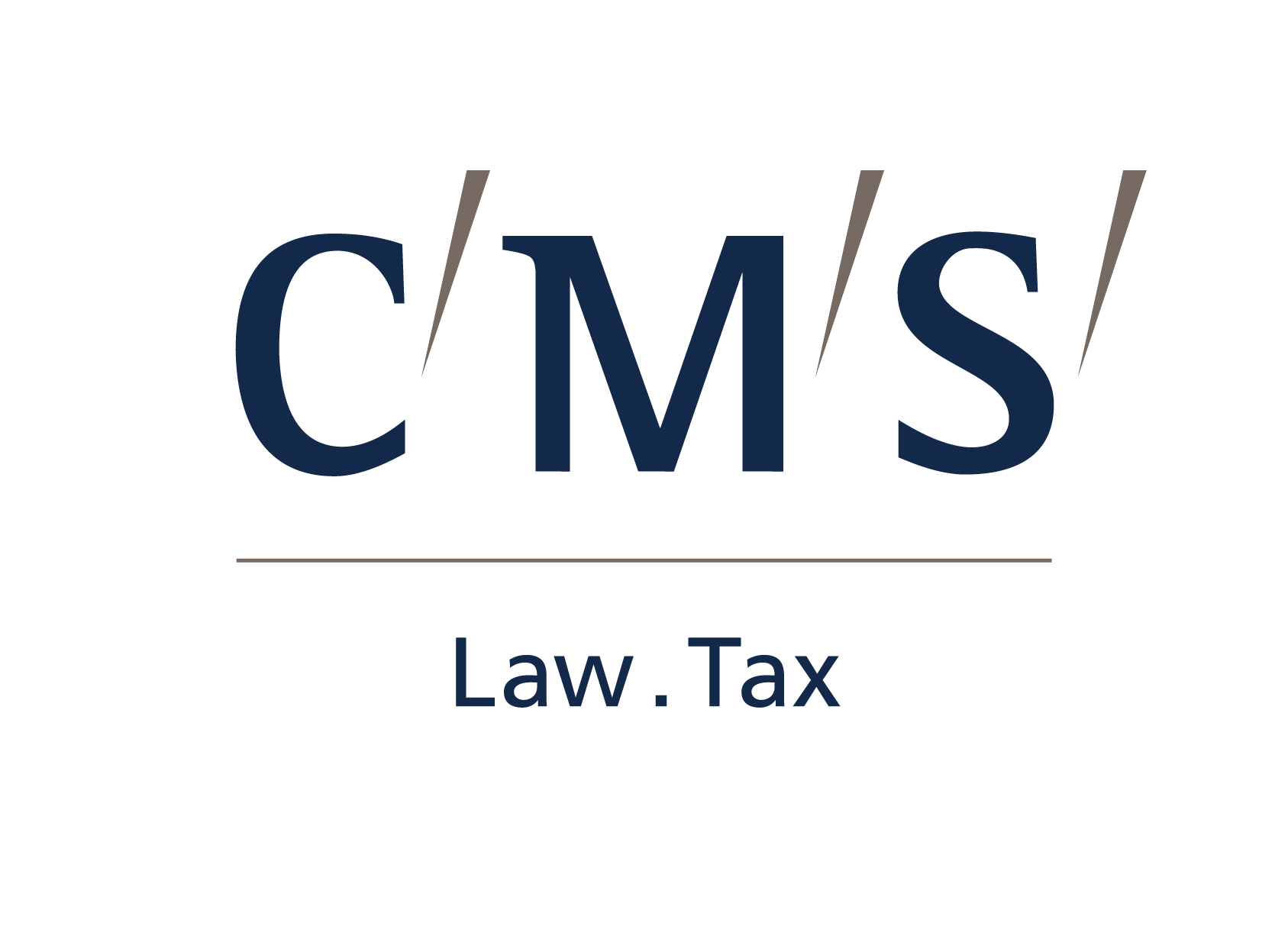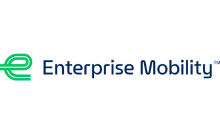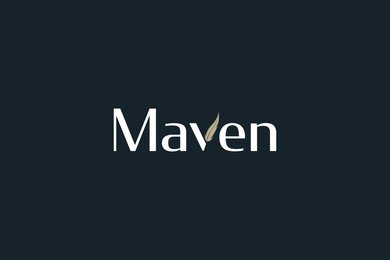Author- Lise Austen, Recruiters’ Club Manager, MyPlus
If your recruitment is slowing with the current uncertain economy, now is the perfect time to focus your attention on the retention element of disability employment and to review how you support and develop disabled employees to encourage them to stay. This will not only benefit your current disabled employees as well as other non-disabled employees who may become disabled whilst working for you, it will make you even more attractive to any future disabled candidates.
With 80% of disabilities acquired between the ages of 18 and 64 (Source: Disabled Living Foundation) in addition to those employees who already identify as disabled, it is highly likely that some of your non-disabled employees will become disabled whilst in your employment. Coupled with the fact that people are living longer and working longer, there will be higher incidences of disability that come with age. As an employer you need to be able to support your workforce should they become disabled. Any efforts that you put into improving how inclusive your processes, procedures and culture are of disabled employees will benefit many more employees than you may initially estimate.
The cost of adjustments
So, let’s tackle the cost of providing support and adjustments first, which may be viewed as a reason for not employing a disabled individual or not retaining existing employees who become disabled and allowing them to leave.
58% of adjustments don’t cost anything. (Source: Andy Briggs, Phoenix) Examples include - Flexible working hours following a long-term illness, sitting in a well-lit area for sight issues and / or providing a ground floor workspace for employees with mobility issues.
35% are a one-off cost (Source: Andy Briggs, Phoenix) with the average cost being £75 per individual (Source: Equality and Human Rights Commission)
The cost of putting in an adjustment for an employee who becomes disabled is 7% of the cost to recruit. (Source: Andy Briggs, Phoenix)
Retaining employees with disabilities
To be effective and achieve sustainable progress it is imperative to tie in your focus on retaining disabled employees with your overall business objectives and have the commitment from senior level leadership. You need to be clear about what you want to achieve, how you are going to achieve it and have an understanding of what barriers and challenges currently exist.
Ideally consider all or most of the following:
Build a business case
Use this to gain the buy-in of senior management and appoint senior champions or sponsors. Collaboration and communication is key with recruitment and talent management working together, as well as with Equality, Diversity & Inclusion functions and any disability networks that may exist.
Use senior sponsors/champions to communicate
Highlight the importance of disability and what the organisation has done/is doing to help educate your workforce and build confidence in supporting disabled colleagues. This will also help employees feel comfortable in disclosing a new disability and give them the confidence that they will be supported and still able to excel and continue their career with your organisation.
Determine how inclusive your culture is
Complete an internal audit to understand how open your organisation currently is, what support is currently available to disabled employees and how easy it is to access, the confidence levels of line/HR Managers to provide support and what the general attitude towards disability and to those with disabilities. Focus groups, surveys and interviews can all help you to build your understanding.
Develop your strategy
Use the findings from the above audit to determine your strategy going forward. You should be clear on where you are now, what you want to achieve, and the steps that need to be taken to achieve your objectives. As with any strategy, you need to have clear milestones and measures, and you will need to invest in the resources required to enable you to make progress.
Improve support & development
Review your current policies, procedures and practices for providing support and adjustments and make changes based on your findings. Individuals who are disabled or who become disabled must be supported to perform in their role in the same way that their non-disabled peers are. They must also have equal access to personal development and promotional opportunities; for this to happen an organisation must be confident that their policies, procedures and practices are inclusive and accessible to all.
Design and implement an efficient adjustment process
Base it on the findings and provide training for HR/Line managers as part of implementation of the process. A positive mindset is as crucial as a robust process to achieving success.
Educate your workforce
People don’t always know how to act, what to do, what language to use or what they can and can’t say in relation to disability. And in the workplace, with the law hanging over their heads, they are fearful of getting it ‘wrong’. There are various ways to educate your employees about disability in the workplace; these include, but are not limited to, training, use of role models, awareness raising events and leveraging disability awareness days.
Taking any of the steps above you will undoubtedly have existing employees come forward and disclose a disability that they have previously kept hidden for fear of judgement. Encourage employees with positive stories of working for you to be role models and share their story not just internally but also externally on your website. This is one of the best ways of demonstrating how good you are with disability and will really help you retain and attract the talents of disabled employees and individuals going forward.
By focusing on some or all of the areas above you will ensure that whilst your recruitment slows down you are better positioned to retain any existing employees who already have or gain a disability and when you accelerate your recruitment you will be in a great position to attract the best talent for your requirements.
MyPlus has over 17 years of experience of working with multinational corporates in a variety of industries providing disability employment services. Some of our clients can be viewed on our MyPlus Consulting clients page and MyPlus Recruiters’ Club current members page. For further information on our services visit MyPlus Consulting and on our annual membership forum visit MyPlus Recruiters’ Club pages or email info@myplusconsulting.com.




































